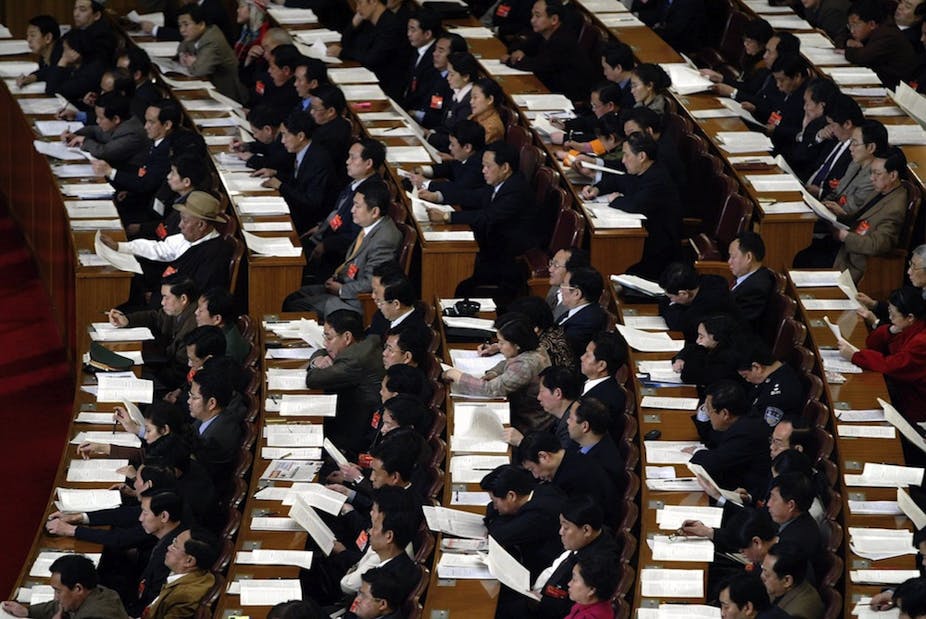The change of leadership in China in 2012 brought with it an intensive crackdown on bribery and corruption, both at home and abroad. This has resulted in the downfall of numerous officials, both low and high, with the most prominent victim so far being the former security chief, Zhou Yongkang.
The scope of the campaign against corruption has been broad, and has swept up officials and businessmen, as well as their assets, both inside and outside China. Foreign owned companies operating in China have also found themselves under official and public scrutiny. For officials, companies and company employees, the consequences of an investigation can be severe.
A conviction for bribery or for other white-collar crimes such as embezzlement can result in a substantial penalty, including a lengthy period of imprisonment or even the death penalty.
In September 2014, for example, GSK China, a subsidiary of GlaxoSmithKline plc was fined almost US$500 million by the Changsha Intermediate Court in Hunan Province after a one day trial for paying bribes to non-government personnel, while four of its employees were also convicted (although given suspended sentences).
The commitment of the current government to prosecuting corruption has proved to be unexpectedly far-reaching. It has been accompanied by legal changes, including proposals to tighten up the Chinese Criminal Law by criminalising the payment of bribes to close relatives of officials and tightening penalties for commercial bribery (solicitation or payment of bribes to officers or employees of companies which are not state-owned).
It has also had a number of economic effects, particularly by reducing gift-giving and hitting the international luxury goods market, although it is too soon to say whether it will have a long term effect in reducing corruption in China.
The crackdown coincides with the public commitment of the leadership to building the “socialist rule of law” through better legislation and administration and reforms to the judicial system. These include changes designed to reduce local protectionism by establishing divisional tribunals of the Supreme People’s Court and cross-jurisdictional tribunals; to improve judicial efficiency by establishing a civil service career structure and to discourage judges from avoiding potentially difficult issues by refusing to accept cases.
It has recently been reported that the Political and Legal Affairs Committee of the Communist Party has demanded the removal of goals for police, prosecutors and courts for arrest and conviction rates in criminal cases which have resulted in an almost 100% conviction rate and some very well-publicised wrongful convictions. These are significant reforms which, if fully implemented, should have a very positive effect on the Chinese justice system.
Does this mean the crackdown on corruption and the plans for judicial reform represent the commitment of Xi Jinping’s government to the implementation of the rule of law through a strong and independent legal and judicial system?
In relation to the reduction of corruption and the creation of a cleaner business environment, the answer to this is “probably not.” Although in January of this year, Xi Jinping was reported to have ordered Party committees to enable judges and law enforcement departments to exercise their duties independently, he also emphasised the leadership of Party committees in judicial affairs and the importance of judges and procurators being loyal to the Party, the State and the people.
Concurrent with the corruption crackdown and the announcement of judicial reforms, the government has been prosecuting, and the courts convicting and imprisoning, activists (including anti-corruption activists) on a range of charges. Despite the many improvements in the content of China’s laws and the quality of Chinese lawyers, judges and judicial system, the campaign against corruption, including decisions to investigate and prosecute corruption of officials and, in the case of officials, the entire investigation, is driven and run not by the police, the procuratorate and the courts, but by the leadership and investigators of the Communist Party.
It is unlikely that, even after the removal of performance targets, there will be any surprises either in the conduct of a corruption trial or when the final verdict of the court is delivered.
In the case of foreign companies, which have argued that they have been targeted disproportionately in investigations relating to corruption as well as for price-fixing and monopolistic activities, there is a lack of transparency in the decision-making process relating to investigations which makes it easy to attribute political drivers to decisions to pursue foreign multinationals. This does not, however, reduce their potential legal liability.
Waiting until the trial to defend corruption charges would be a very risky strategy. After the verdict relating to GSK China was handed down, GlaxoSmithKline recognised its responsibility by stating that it had taken steps to rectify the issues with its operations in China, by decoupling sales targets from compensation, reducing and changing engagement with doctors and expanding its control over invoices. Other foreign companies in China would do well to take the same precautions.

